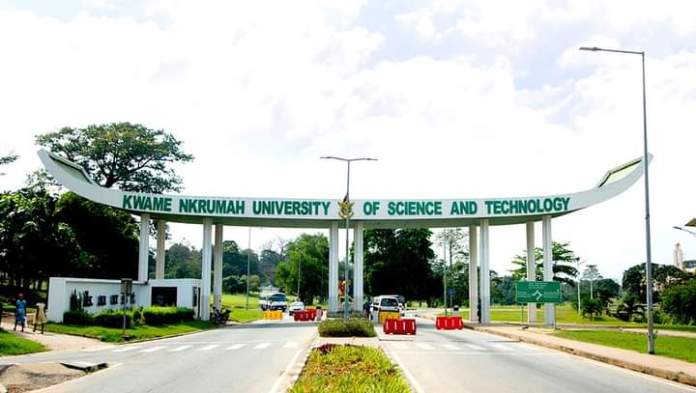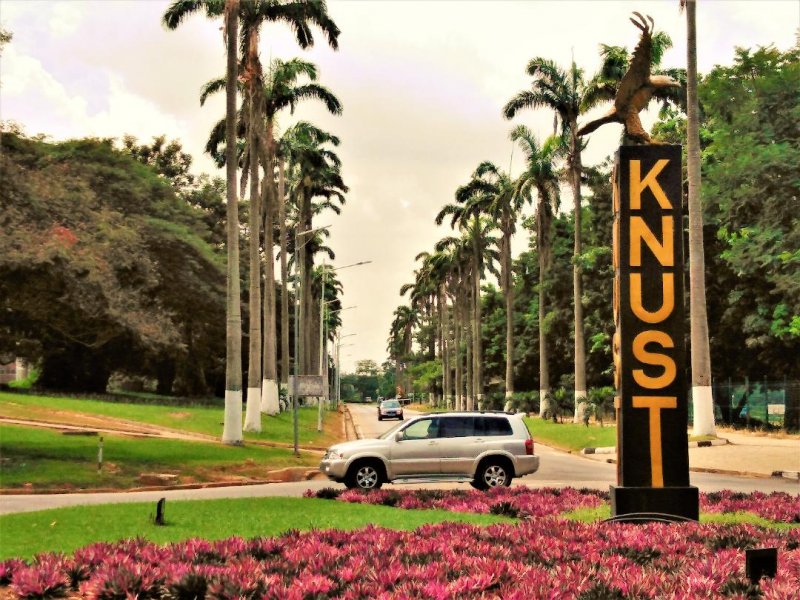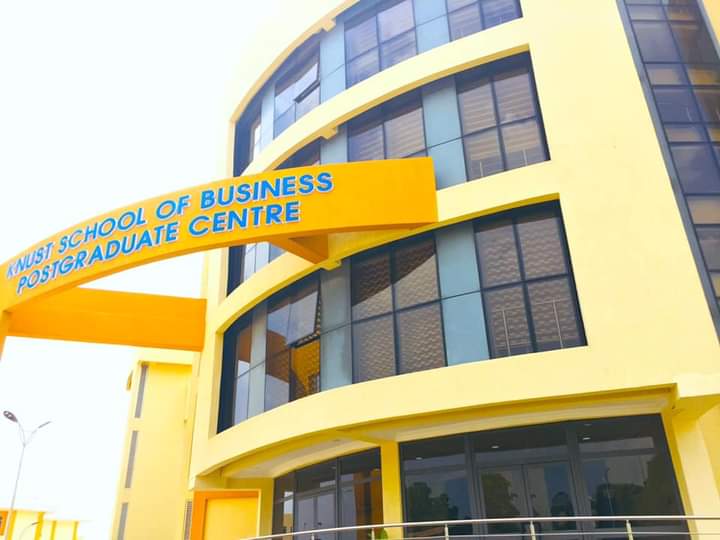If you’re considering pursuing a Master of Science (MSc) in Economics at the Kwame Nkrumah University of Science and Technology (KNUST), it’s important to familiarize yourself with the admission requirements and potential career paths this program offers.
MSc Economics at KNUST Requirements & Career
To be eligible for the MSc Economics program at KNUST, applicants must meet the following criteria:
Bachelor’s Degree: A prospective student should possess a Bachelor’s degree in Economics or a related field from a recognized tertiary institution. This degree should ideally be awarded with at least a Second Class (lower Division) classification.
BUY KNUST ADMISSION FORMS ONLINE
Prerequisite Courses: Candidates are expected to have completed courses in Econometrics, Advanced Economic Theory, and other relevant subjects as specified by the department.
Master’s Degree (for non-Bachelor’s degree holders): In exceptional cases where an applicant does not hold a Bachelor’s degree but possesses a Master’s degree from a recognized tertiary institution in a relevant discipline, they may still be considered for admission.
Admission Requirements
Applicants must hold a good Bachelor’s degree, preferably Second Class (Lower Division) or better from a recognized tertiary institution in the following disciplines:
BA/BSc Economics, BA/BSc Economics (with Finance, Mathematics, Statistics, Geography, Law, Sociology, Political Science, and History etc.);
Bachelor of Business Administration,
Also Read: KNUST Economics Department lecturers & Professors
BSc Mathematics/Statistics/Engineering /Physics/Actuarial Science/ Environmental Science/ Land Economy/Natural Resource Management;
BA/BSc Geography/Geography and Resource Development/Geography and Rural Development/Geography and Regional Planning;
BA/BSc Development Studies; and related disciplines.
Career Opportunities
Earning an MSc in Economics from KNUST opens up a myriad of career opportunities in various sectors. Some potential career paths include:
Economic Researcher: Graduates can work as researchers in academic institutions, think tanks, or government agencies, conducting studies on economic trends, policies, and issues.
Policy Analyst: Economists are valued for their ability to analyze economic data and provide insights to inform policy decisions. They may work for government departments, international organizations, or consulting firms.
Financial Analyst: Many MSc Economics graduates find positions in the finance industry, where they analyze market trends, evaluate investments, and provide financial advice to individuals or organizations.
Government Economist: Economists are sought after by government agencies to provide expertise on economic matters, helping shape policies related to taxation, public spending, and more.
International Organizations: Graduates may find opportunities with organizations like the United Nations, World Bank, or International Monetary Fund, contributing to global economic development efforts.
Academic Career: Some may choose to pursue further studies and enter academia, becoming professors or researchers at universities.
Conclusion
Pursuing an MSc in Economics at KNUST can be a rewarding endeavor for those with a passion for understanding and influencing economic phenomena. By meeting the admission requirements and seizing the diverse career opportunities available, graduates can make a meaningful impact in various sectors of the economy.











